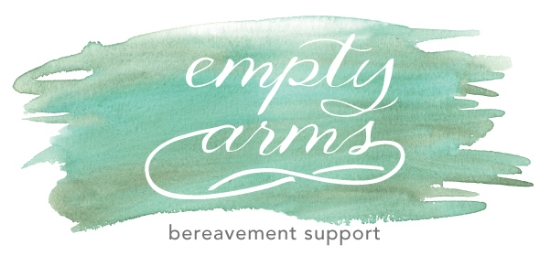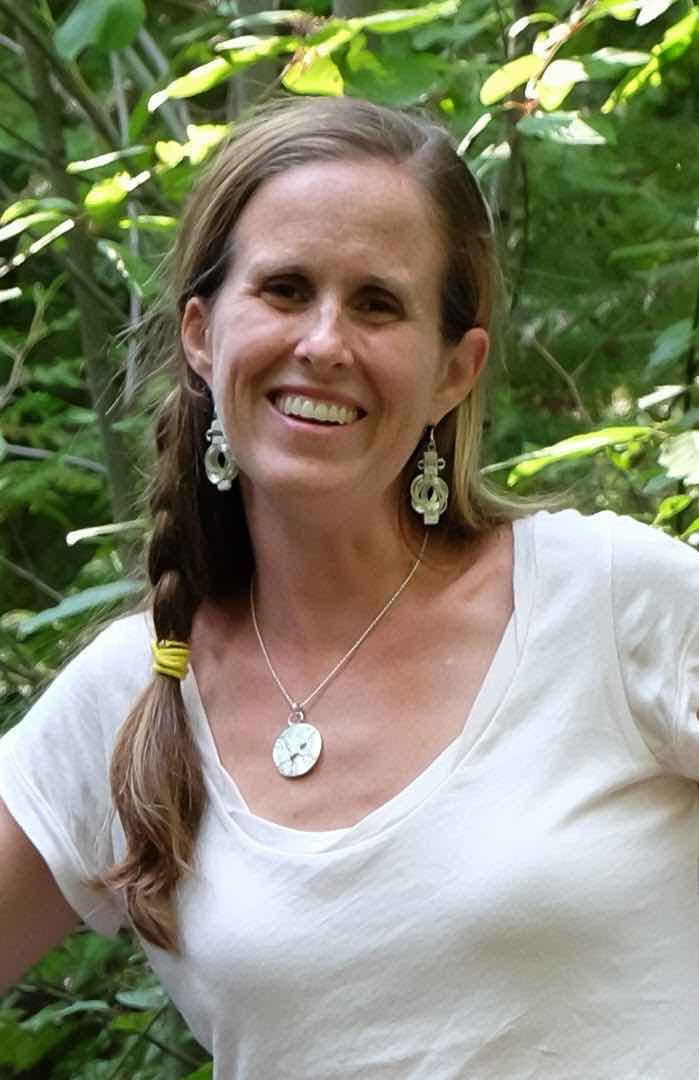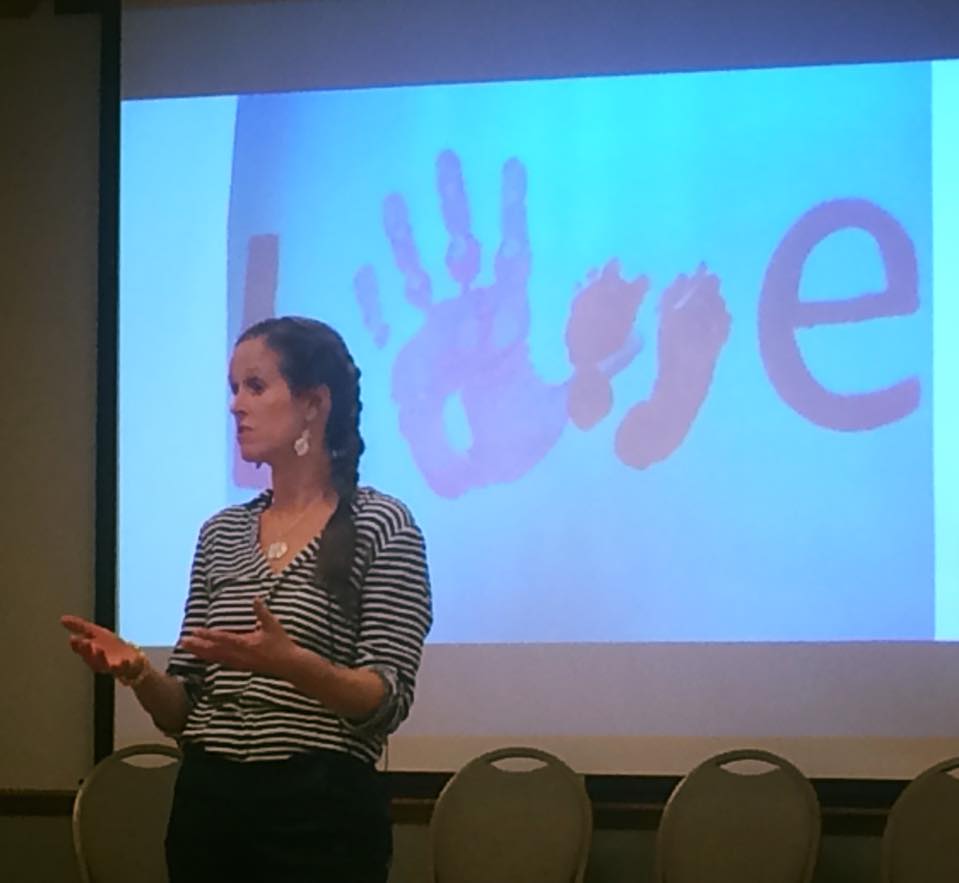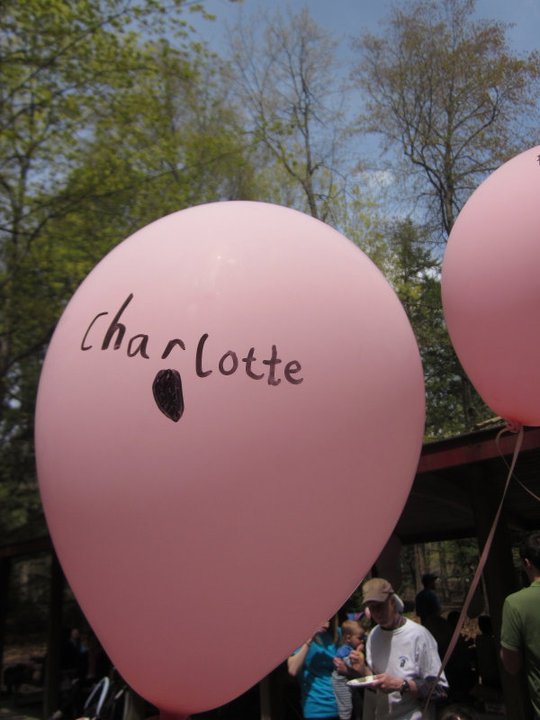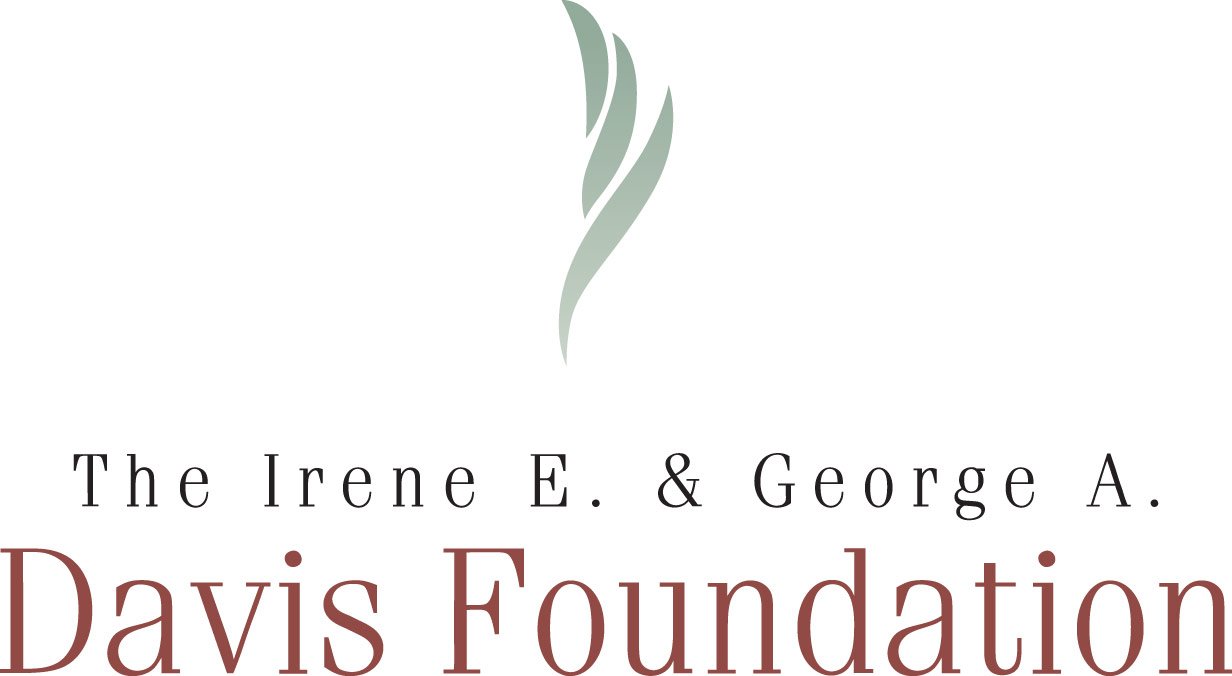Day 9, TLCF
/I'm here at Turkey Land Cove, gifted with endless hours of time to think, discover myself, and create. There's no doubt I've learned much about myself during the past 9 days I've been here. It's been over 12 years since I've been by myself and as many of us know, there's no better way to learn about what we do every day than to go somewhere else.
I imagined, before coming out here, that I might spend hours revisiting years past, connecting to my own identity as a bereaved parent. Instead, I've poured myself into my work: creating for Empty Arms. I imagine perhaps this is because this is the way I've reinvented myself as a bereaved parent. I've taken that energy, once expended on planting flowers in Charlotte's memory garden and blogging furiously about my loss, and turned it into outward work. I have given her life purpose, and my motherhood purpose.
But that is not to say that there is not an unhealed part of me, because there certainly is, and there always will be. When I picture the wound that is Charlotte's loss, it's the wound from a week- old burn: shiny and smooth, but still red and angry. Graze that spot against anything and it could open easily, the pain fierce. I carry that wound tenderly, careful not to disturb its edges. I've learned well over the years.
At night here, it is silent, a drastic difference from my home in Westhampton, where the river roars outside my window and cars pass with regularity. Here, the sliding doors to my bedroom remain open at night, and while on warmer nights the frogs call to one another, some nights it is purely silent. I have learned to sleep alone here, something that took me about five nights to accomplish, and now that I sleep, I dream. I dream deeply and meaningfully. Last night, it was this.
I am with a therapist, a woman in her fifties, with round glasses and bobbed hair. She is warm and kind, and as we walk into her office, she offers me a seat at the low, round table. The chairs are molded plastic, the kind you'd see in a kindergarten room. I sit, and as I ease down, I am filled with relief that I am finally here. Here, with a woman I somehow trust, and she will listen to me. I feel anxious to talk to her because I know that I need her to understand. I need her to understand how this experience drowns you, how it colors every single thread in the fabric of your life, I need her to understand how inescapable it is. I'm not sure what the intended focus of my therapy is, but somehow I know this is what I need to communicate to her.
I'm so glad to be in therapy. I know I've needed this. I can feel myself sinking into the chair, ready to ease into the experience of sharing myself and learning about myself. But then she says something, and I'm standing up, and I'm pacing around the room. I'm looking at her while I'm walking, and I'm telling her this: I think I thought of Charlotte once every minute for at least the first four years. I'm not kidding. And I had three new babies during that time, I tell her, even though I know this is not true. I am exaggerating because I want her to believe me, to see that new babies do not erase those who are gone. I tell her then that even now, 13 years later, I would be surprised if ever an hour has passed where a thought of either that baby, or the aftermath of her death, or my wounded identity, has not crept into my thought. I'm trying to make her understand.
And then, it's over. People are walking in. Suddenly this is a school, it's a classroom, and it's time for me to leave this room and gather my living children, who are waiting outside. I'm thrust back into the busy-ness of my daily life, and I'm not sure she understood. I'm not sure I was validated. I'm not sure she believed me.
Is this what my life is now? An unconscious desire to advertise what roils inside me: a loss so incomprehensible that I wouldn't be able to get someone to understand its depth even if I tried? Is this dream describing perfectly what happens when I start to contemplate my loss, that life interrupts and gets in the way? Is it communicating to me my subconscious wish that all of my friends, many of whom did not know me at the time of Charlotte's birth and death, would somehow understand the depth of what I've experienced and look upon my life with deep reverence?
And then I take the step back, and I think about those who have survived war, and those whose personal losses are far more numerous and complicated than my own. And I must remind myself that my own dear baby's death was the one that was the most important to me, and I have a right to feel the need to be seen. I have a right to still be reeling, recovering, and trying to figure out what this means, even now, even 13 years and 23 days later.
